Are you looking to streamline your business partnerships with third-party vendors? Crafting a well-structured contract can save you time, protect your interests, and foster strong relationships. In this article, we'll guide you through essential components to include in your letter template, ensuring clarity and mutual understanding. So, let's dive in and explore how you can create an effective vendor contract that meets your business needs!

Clear Scope of Services
A clear scope of services is crucial in third-party vendor contracts to ensure all parties understand their responsibilities. The document should outline specific tasks and deliverables such as software development, technical support, or inventory management. For instance, in a software development project, defining stages like requirement analysis, coding, testing, and deployment is essential. Additionally, specifying the timeline (e.g., project completion within six months) and performance metrics ensures accountability. Notable obligations may include compliance with industry standards, regular progress reports, and communication protocols. This clarity minimizes misunderstandings and protects both the contractor and client in the business arrangement.
Payment Terms and Conditions
The Payment Terms and Conditions section of a third-party vendor contract outlines essential details regarding financial transactions between the contracting parties. Payment schedules typically specify due dates, such as net 30 or net 60 days, impacting cash flow. Accepted payment methods can include bank transfers, credit cards, or checks, providing flexibility in transactions. Late payment penalties often apply, with interest rates on overdue invoices, commonly set at 1.5% per month, incentivizing timely payments. Additionally, conditions for potential price adjustments due to inflation or currency fluctuations may be delineated, ensuring transparency. Services rendered should meet performance metrics outlined in the contract, determining payment withholding for non-compliance. Detailed invoicing requirements, such as line-item descriptions and accompanying documentation, streamline the payment process, enhancing accuracy and accountability.
Confidentiality and Privacy Clauses
Confidentiality agreements play a crucial role in ensuring the protection of sensitive information between parties involved in a contract, particularly in third-party vendor scenarios. The definition of "Confidential Information" encompasses trade secrets, customer data, and proprietary processes, which may include any critical business information shared during the course of collaboration. The clause may specify the duration of confidentiality obligations, often extending several years beyond the termination of the agreement, making it essential for safeguarding intellectual property rights. Additionally, privacy clauses, aligned with regulations such as the General Data Protection Regulation (GDPR) enacted in the European Union, ensure that personal data of clients or employees is handled responsibly and securely, addressing data breach protocols and responsibilities. Violations of these clauses can result in significant penalties and legal repercussions, emphasized by the need for compliance with industry standards and local laws.
Termination and Renewal Provisions
Third-party vendor contracts often include crucial sections on termination and renewal provisions that define the conditions and processes involved. Termination clauses outline specific circumstances, such as breach of contract, failure to deliver goods or services, or insolvency, which allow either party to dissolve the agreement. Timeframes for notice, typically ranging from 30 to 90 days, must be adhered to ensure compliance. Renewal provisions detail the automatic renewal process, specifying renewal intervals, such as one-year terms, and conditions for renegotiation or amendment of contract terms. Additionally, performance evaluation metrics may impact renewal decisions, setting clear expectations for ongoing service delivery. Clarity in these provisions is essential to protect business interests and ensure smooth operational continuity.
Dispute Resolution Mechanisms
Dispute resolution mechanisms play a crucial role in third-party vendor contracts, ensuring effective management of conflicts between parties. Mediation (an informal approach involving a neutral third party) can facilitate amicable settlements without escalating issues. Arbitration (a formal process where an arbitrator makes binding decisions) provides a structured method for resolving disputes, often preferred in commercial agreements. Jurisdiction is critical; specifying a legal venue, such as New York or London, helps clarify the applicable laws guiding resolution. Time limits also matter; setting deadlines for initiating disputes (commonly 30 days after the event) encourages prompt resolution. Including escalation procedures (steps to follow before formal disputes) can promote internal negotiation efforts, while stipulating an alternative dispute resolution (ADR) process can enhance efficiency by avoiding lengthy litigation. Overall, clear dispute resolution mechanisms help maintain professional relationships and protect the interests of all parties involved.


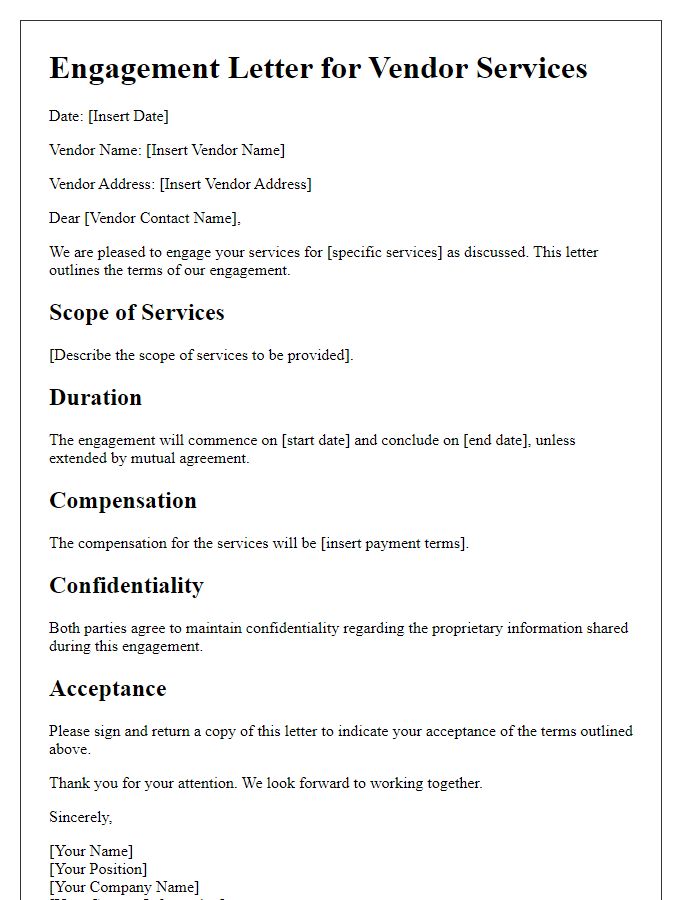
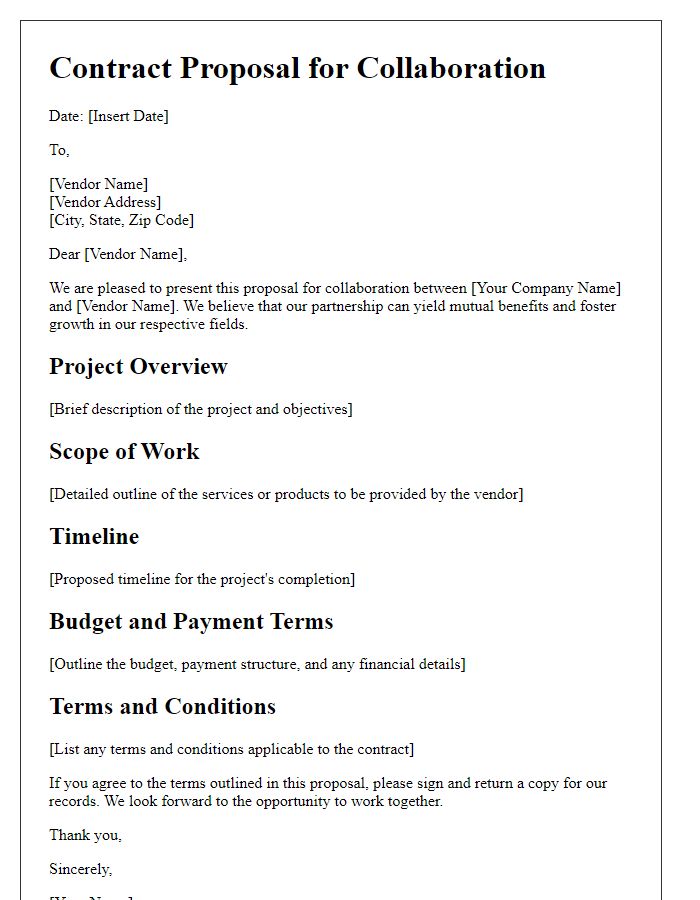
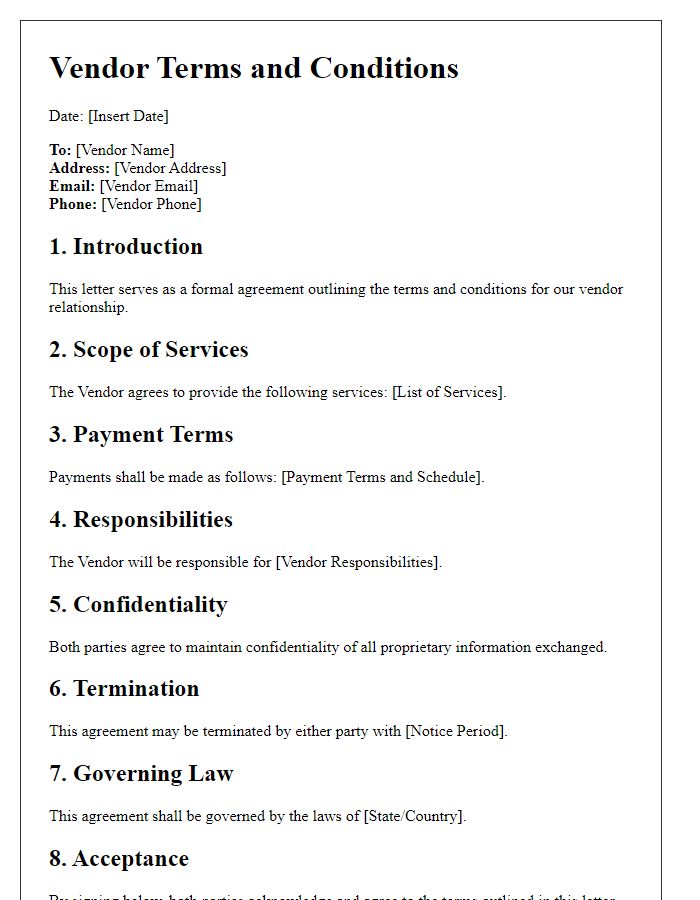
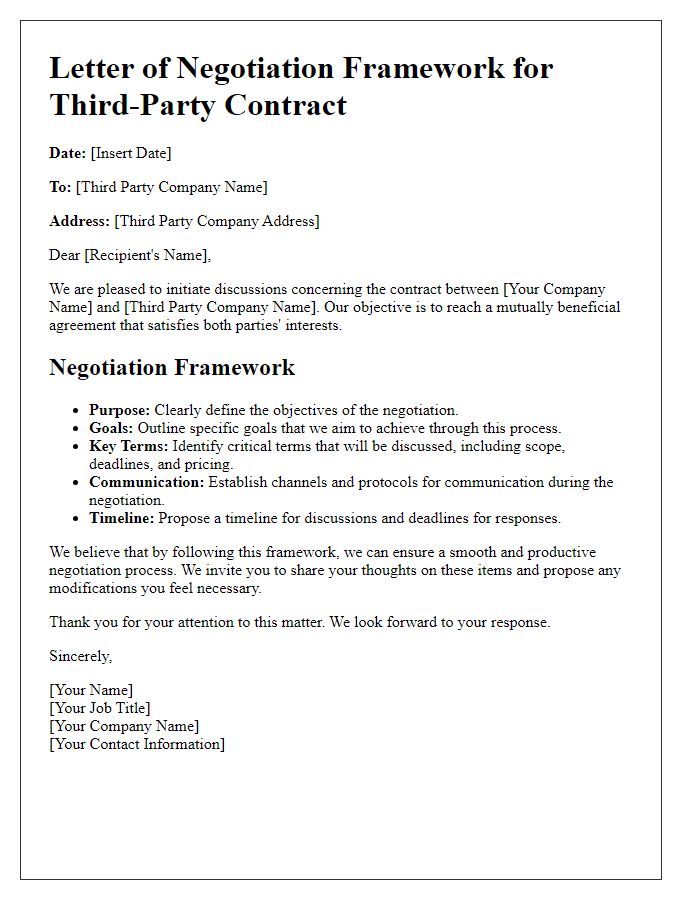
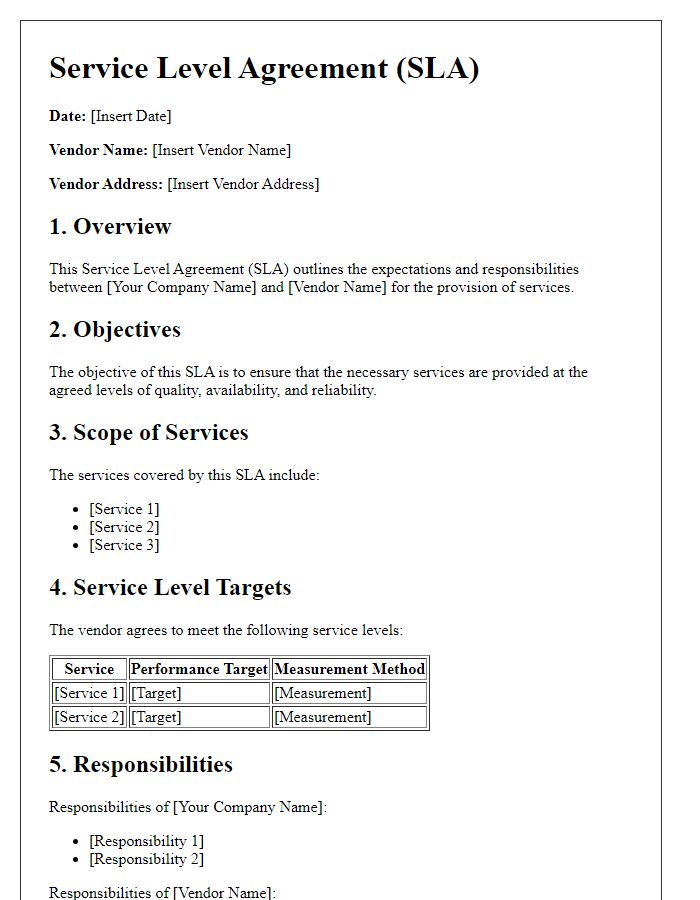
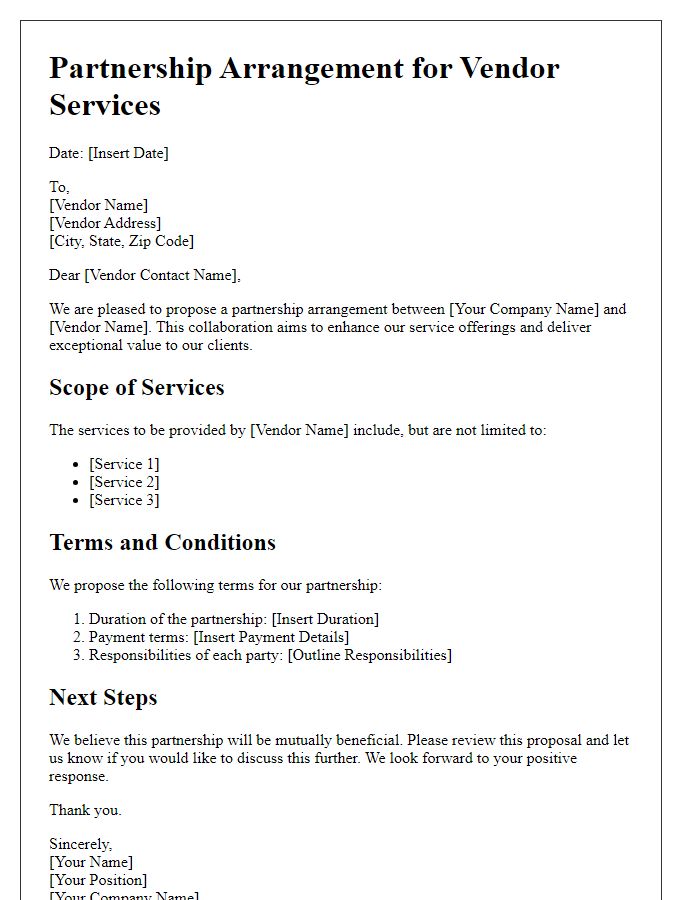
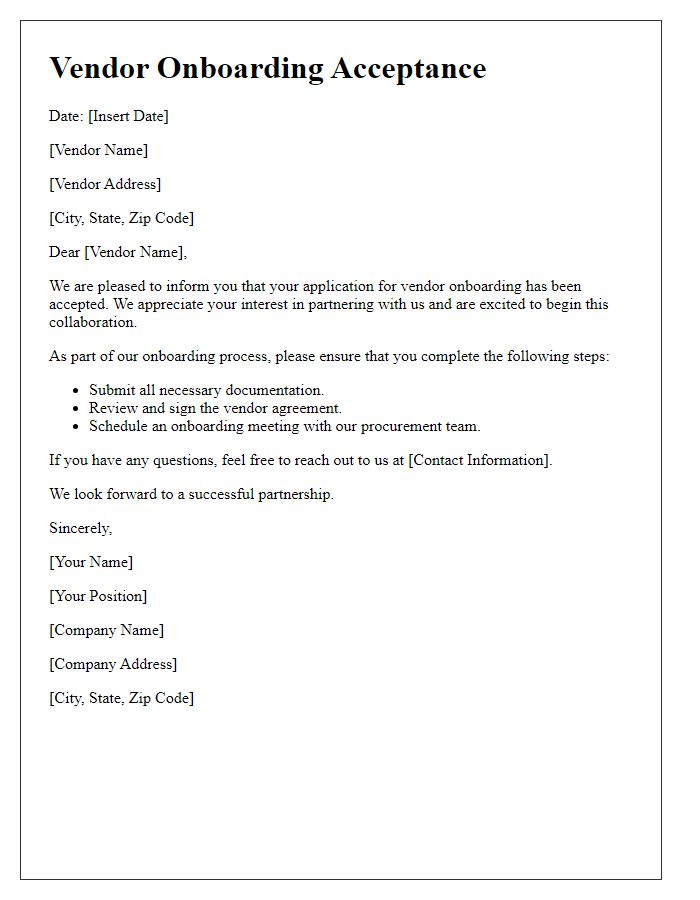
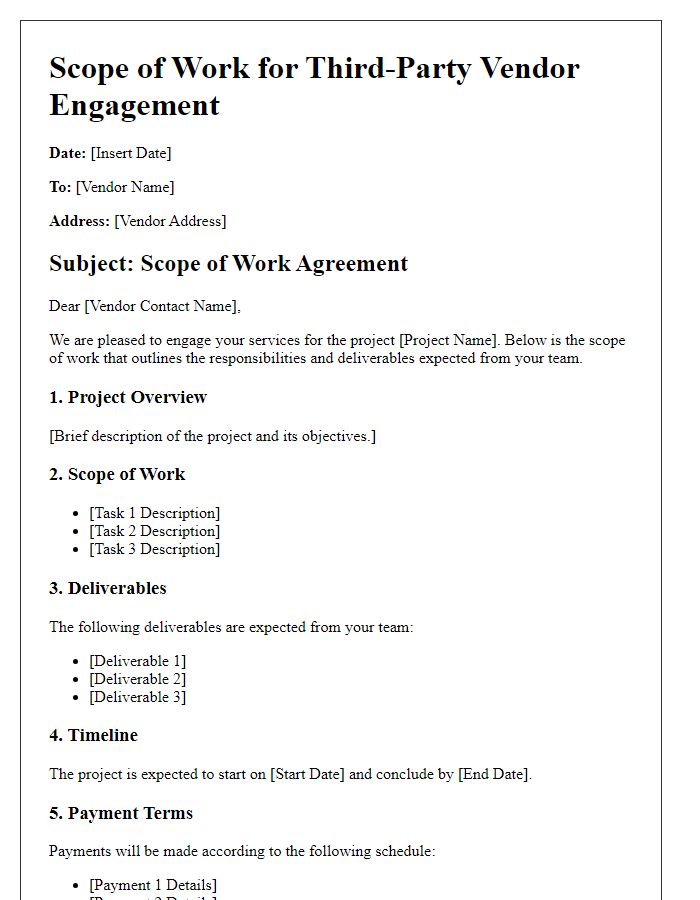
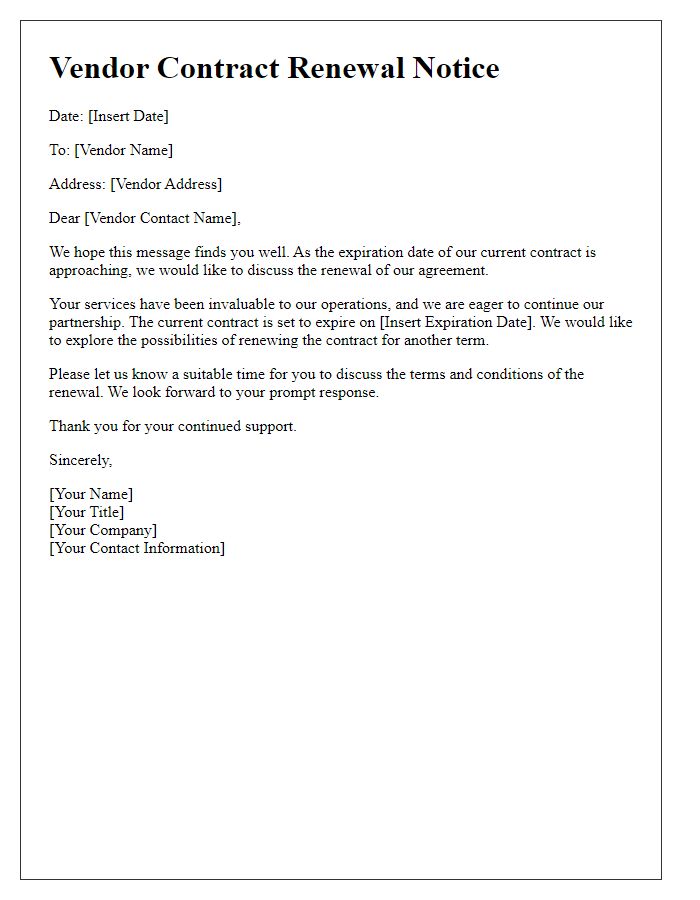


Comments